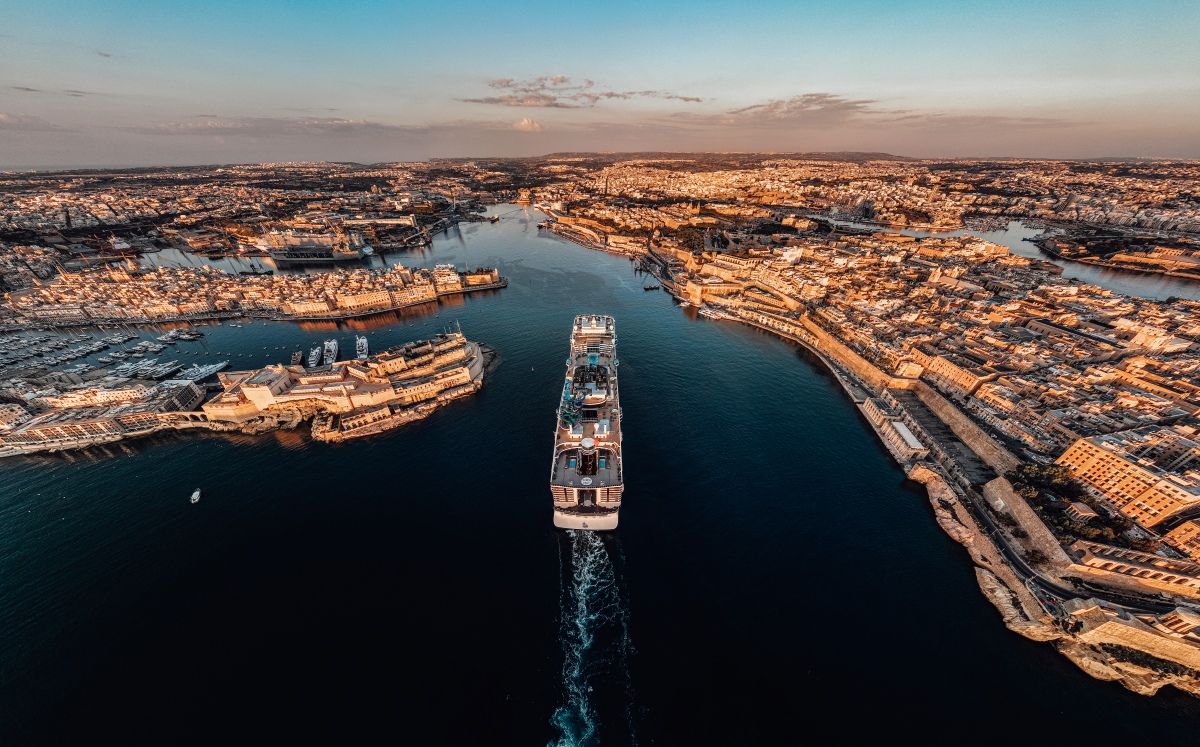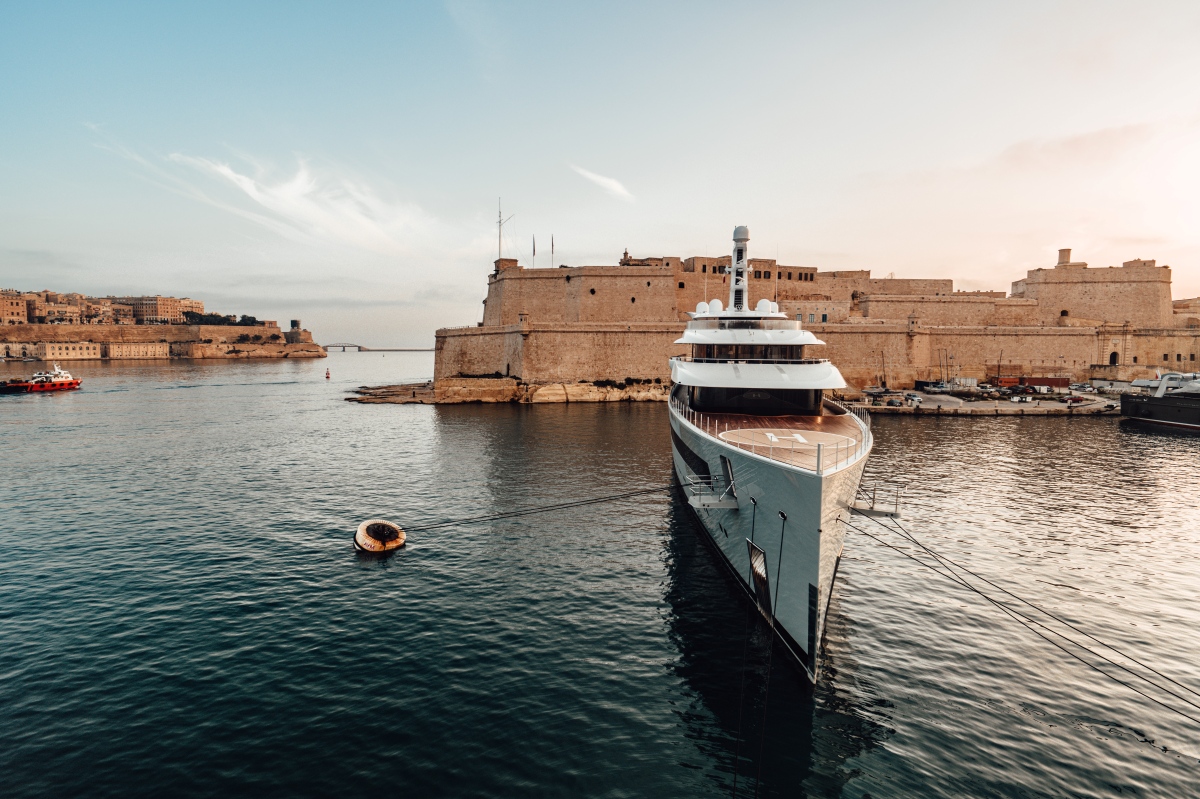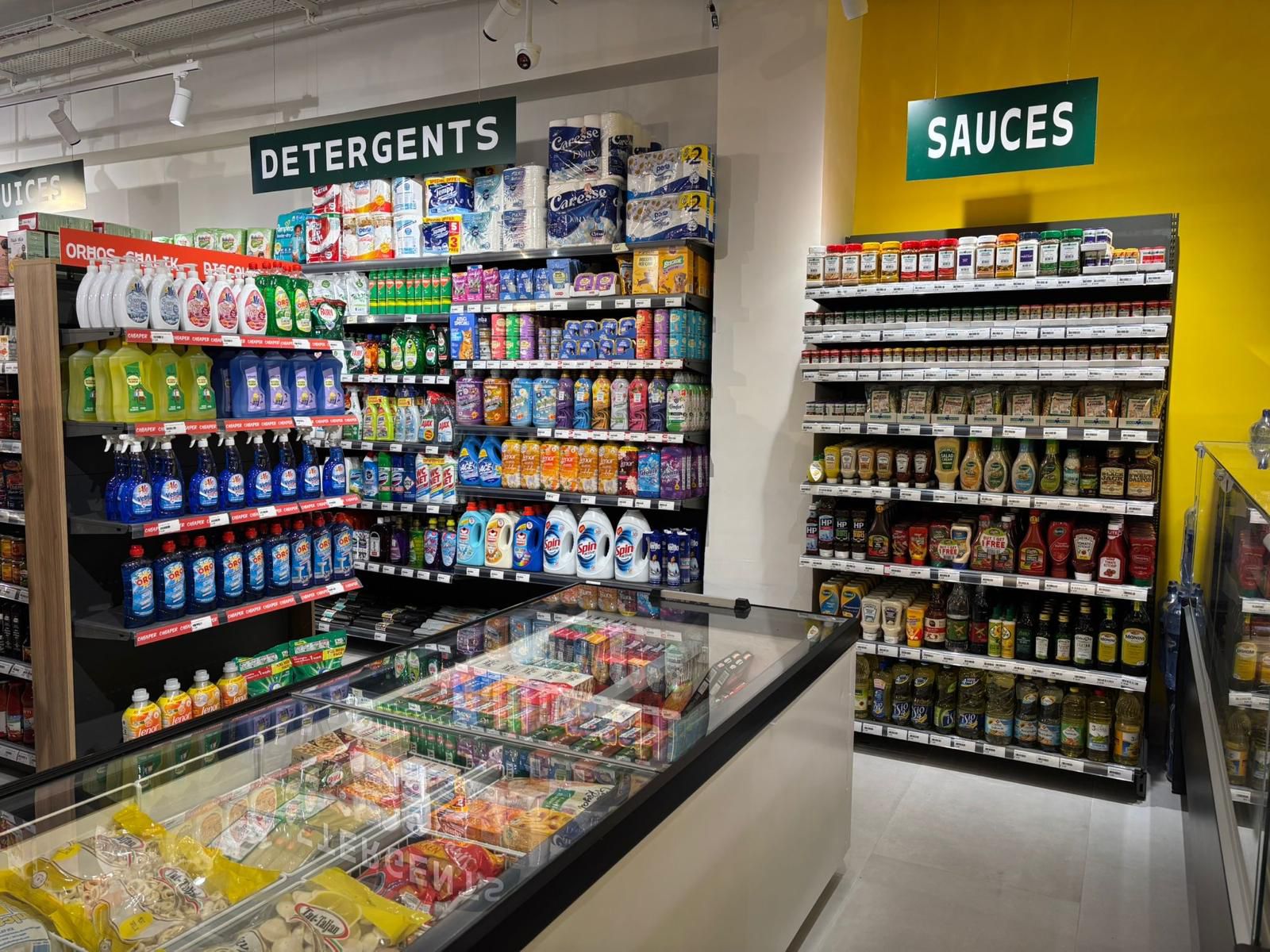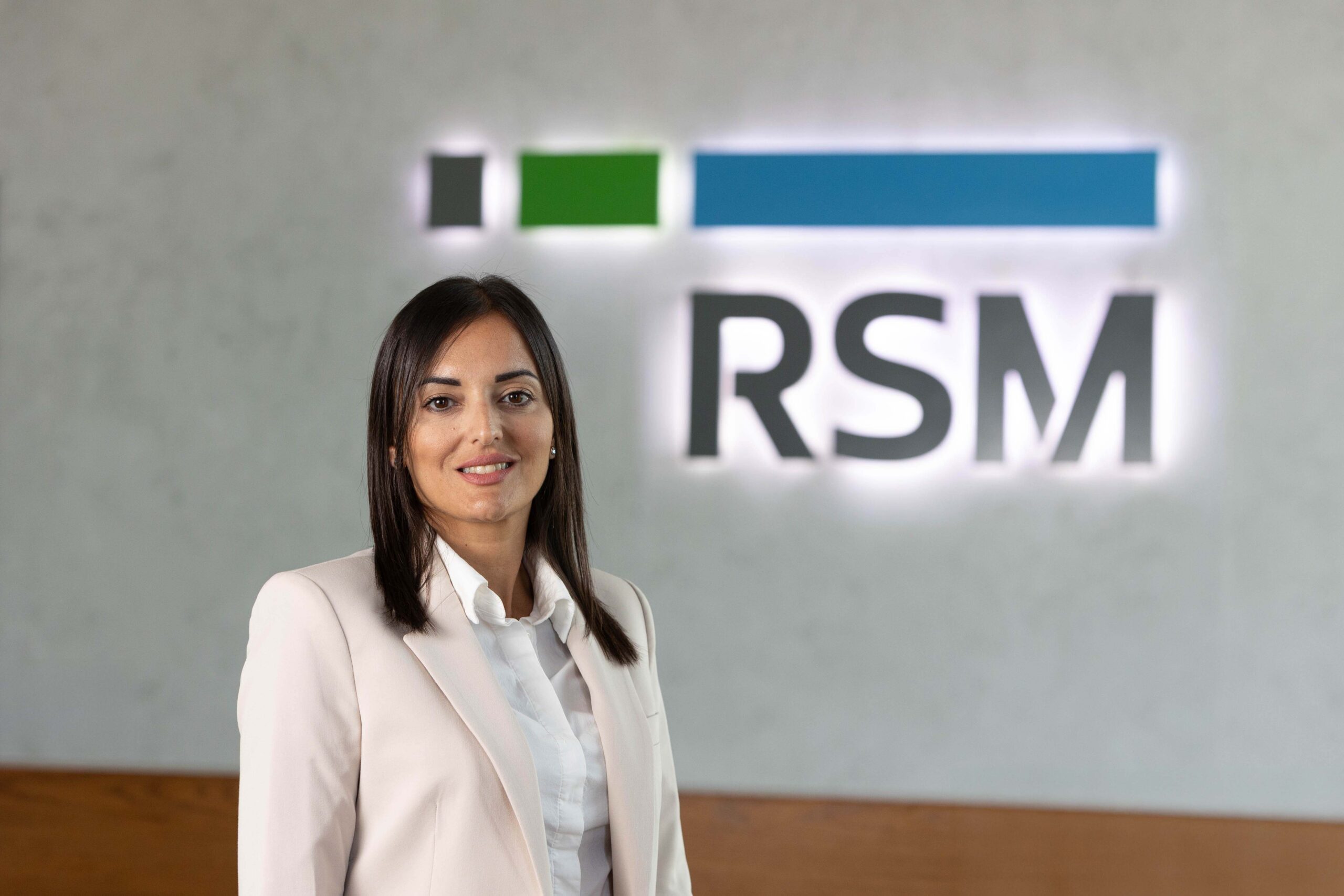The maritime sector has always been at the heart of Malta’s identity. As an island nation, the sea is part of who we are, and Transport Malta’s responsibility is to ensure that this industry remains dynamic, innovative, and globally competitive.
Transport Malta is embracing this responsibility through meaningful digital transformation. Starting this June, the Malta Ship Registry will begin issuing electronic certificates. These will be sent directly via email, secured with QR codes and digital verification, offering faster, safer, and internationally recognised documentation.

This is more than a technical upgrade. It is about efficiency, sustainability, and service. With over ten thousand active vessels and thirteen million gross tonnes added to the fleet last year, Malta remains Europe’s largest ship registry and sixth in the world. Such growth is no coincidence. It reflects strategic planning, international alignment, and a commitment to service quality.
Transport Malta has already digitised over 93,000 seafarer certificates, reducing paperwork while streamlining compliance. For clients, this means fewer visits to the offices, easier access to services, and less administrative burden.
Digital change is not a buzzword. It is a practical shift that supports environmental goals and strengthens Transport Malta’s reputation as a Flag of Excellence.
The vision is to maintain Malta’s position at the forefront, not only in size but in standards. Transport Malta takes pride in its achievements, while remaining focused on delivering a stronger and smarter future for the maritime community.
RSM Malta welcomes new GRC Director Roberta Buhagiar
Dr Roberta Buhagiar joins RSM Malta as Governance, Risk and Compliance Director.
Critically needed decision-making skills still sorely lacking – Misco survey
However, employers and employees alike flag resistance to change as a major barrier to improving skills.
Blackstone to invest $500 billion in Europe over next decade, says CEO Steve Schwarzman
The global investment powerhouse oversees more than $1 trillion in assets.
Why capable people are reluctant to lead
When people feel supported and understood, they are more likely to step into leadership.









